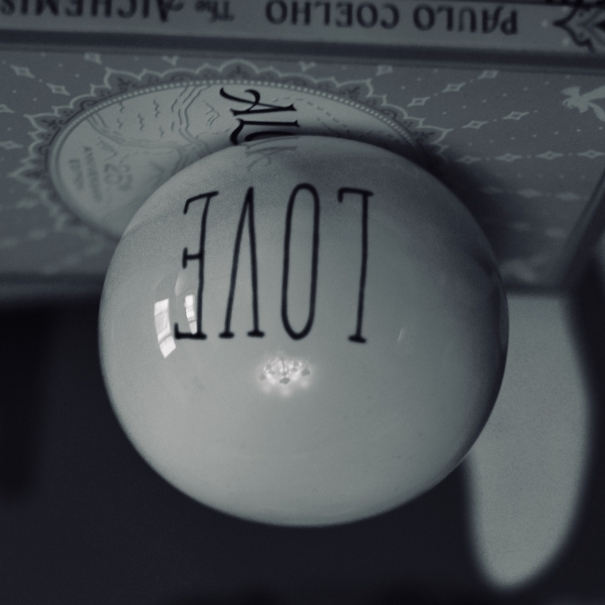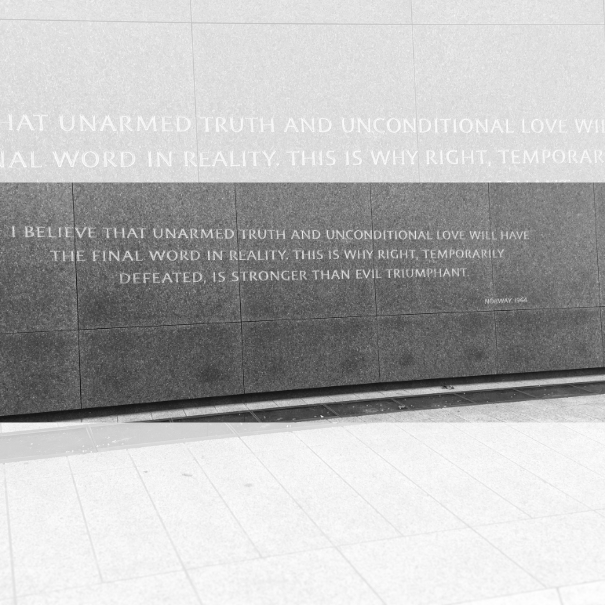I remember as a little girl watching Ariel plucking a (seaweed?) flower. With a dreamy look in her eyes, she dismembers the flower in rhythm, “he loves me, he loves me not.” Of course, the last petal proclaims Eric does indeed love her, and she is overjoyed. As an adult, it seems so silly. But, I wonder how many of us (myself included) still apply this childlike lens to love, a topic that has baffled mankind for, literally, millennia.
Control vs. Love
I’ll be the first to admit that I’ve spent much of my adult years seeking what I thought was love, but was really control. If someone presented love in the “right” way, I felt loved, and I was happy. If not, then the person didn’t love me at all, and I was crushed. In other words, “if he/she really loved me, they would do x.”
God Loves Me, He Loves Me Not
I’ve noticed that, to a great degree, I took this same attitude with God. I internalized all painful moments as a punishment for having done something wrong. I would also pray and pray for things to go the way I wanted them to. Others take the view that this must mean there is no God at all. We’re not the only ones.
The Bible is full of tales of God providing desired results. “Here God, cause these wet sticks to catch fire; bring back my loved ones; give us food.” It is also full of tales of those who have doubted God when things went wrong. “Do you still persist in your integrity[Job’s wife rails at him as he sits among ashes]? Curse God, and die.” (Job 2:9, NRSV).
Though, what do we potentially miss when the miracle doesn’t come the way we thought it would or should? The Bible teaches that many of God’s people were unable to accept the miracle of His presence. Likewise, in my Untitled Fable, the miracle is that the rich man learns to let go of his riches—not that he somehow finds a way to hold on to them.
Subtleties Worth Noting & Final Takeaways
Today, I can see this type of attitude —if you love me, then….—encouraged manipulation, victimhood, and self-pity. I would argue, cajole, scream, cry, etc. to get the results I wanted. If I didn’t get my way, it was “confirmation” the person really didn’t love me at all. In many cases this simply wasn’t true.
To be sure, I did have a right to want certain things. I had choices. For example, if I am not getting what I feel I need from a relationship, I can evaluate the situation to see if I want to stay. I have the option to set boundaries or refuse to accept unacceptable behavior.
Often, though, I was unable or unwilling to take action. My approach left me in the perpetual role of the victim, stuck in my own self-pity, and waiting for the non-existent perfect person to save me from it all.
So here’s what I wish the message could have been from that childhood movie. Mere petals cannot determine our worth. Rather, we possess an intrinsic value that can never be taken from us; we are loveable in our own right; and all will be ok even if he loves me not.



